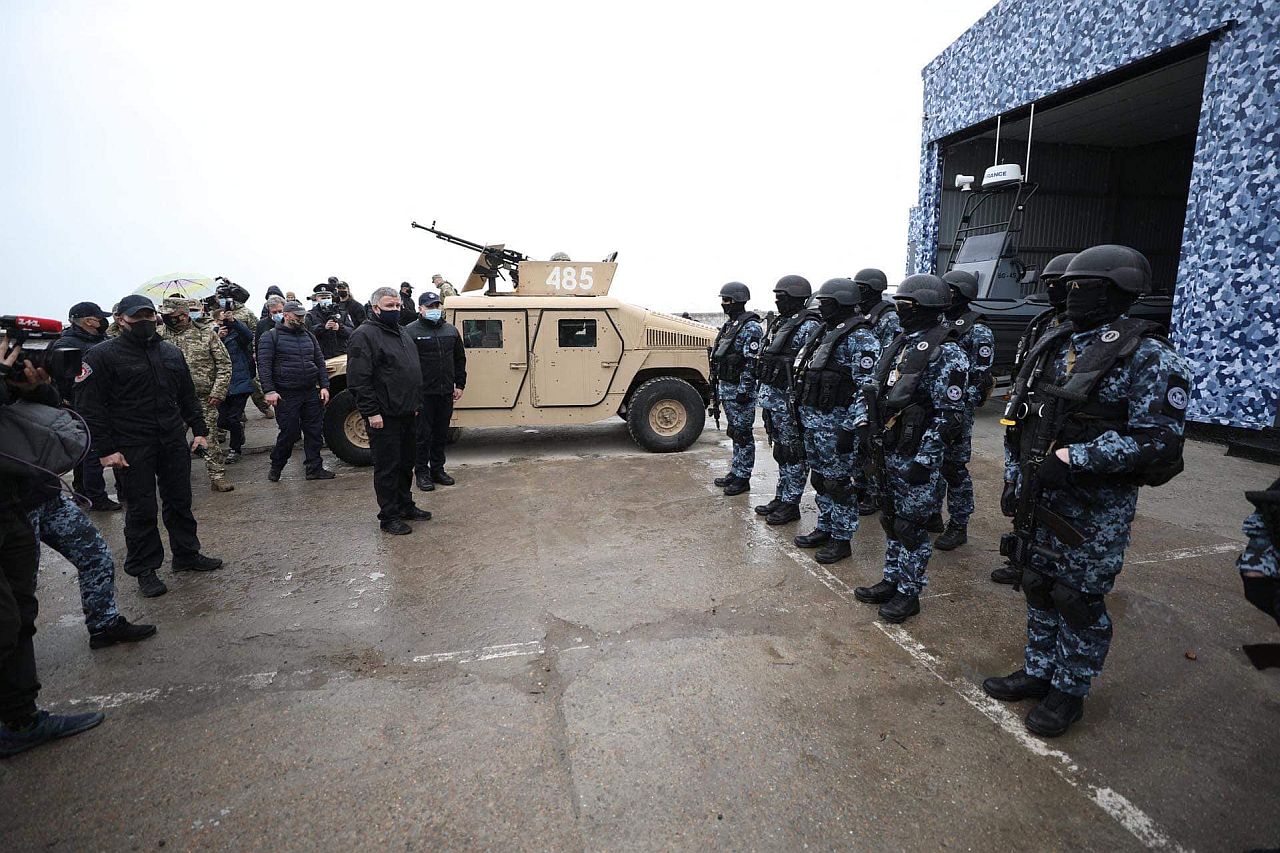My Taiwanese Neighbour’s Problem Today – Mine Tomorrow
Learning from Russian incursions, and its assertive foreign policy that has seen limited resistance, might encourage China to achieve national rejuvenation before the 2049 deadline by giving up the idea of peaceful unification of Taiwan with China.
Read more



















